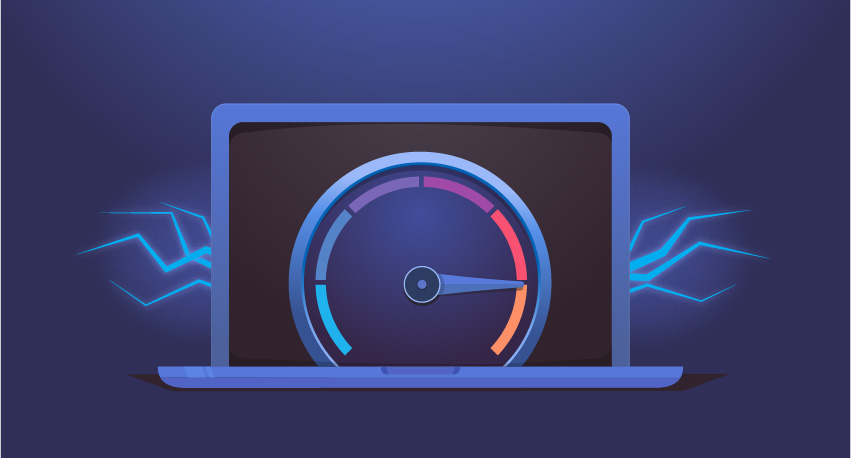With an average download speed of 27.62 Mbps, Nigeria has risen to seventh among Sub-Saharan African nations with the fastest internet speed.
This is based on the 2024 Global Broadband Speed Report, which Cable.co.uk published on Tuesday.
According to tests of internet speeds carried out in 220 countries, Nigeria climbed up the world speed rankings from 133rd in 2023 to 132nd in 2024.
Nigeria was seventh on the African continent for internet speed, behind six other nations.
Read also: Telecoms report a 2.4% drop in voice subscriptions due to NIN/SIM linkage
These six nations—South Africa, Rwanda, Mauritius, South Africa, Réunion, and Botswana—acquired the top six positions on the continent. Interestingly, Réunion stood out as the best in Sub-Saharan Africa with an astounding 63.29 Mbps average internet speed. With an average internet speed of 42.42 Mbps, South Africa came in second place, not far behind.
The remaining nations, which exceeded Nigeria’s average speed, included Eswatini, Rwanda, Mauritius, and Botswana. All of these nations also displayed comparatively fast internet speeds.
This ranking demonstrates the differences in internet connectivity and infrastructure among African nations, with Nigeria seeking to close the gap and enhance its digital environment.
According to the report, the average internet speed in Africa was 14.99 Mbps, making Africa the region with the second-lowest internet speed globally.
Global Progress on how the world is bridging the digital Speed Gap
According to the study, Iceland has the fastest broadband worldwide after analysing around 1.5 billion high-speed tests conducted globally.
The nation’s average internet speed was 279.55 Mbps, second only to Jersey, a country in Western Europe, at 273.51 Mbps. Asia’s Macao ranked third globally in internet speed at 234.74 Mbps.
Based on the report, 35 countries failed to achieve average speeds of 10Mbps or greater, the speed deemed by UK telecoms watchdog Ofcom to be the minimum required to cope with the needs of a typical family or small business.
This is a decrease from the 48 nations in 2023, the 67 countries in 2022, and the 94 countries in 2021, suggesting that considerable speed increases are still being made in many regions of the world.
Read also: WATRA promotes infrastructure sharing in West Africa
Nigeria’s Internet Boost with 5G and Starlink
Nigeria is now working to expand the number of Nigerians who can access the internet through its National Broadband Plan (NBP 2020–2025) and to boost internet connection speed. Even though the plan’s internet speed targets have been missed in some cases, the nation appears to be performing well overall.
Nigeria’s internet speed is predicted to reach 15 Mbps in urban areas and 5 Mbps in rural areas by 2023, surpassing the global record of 27.62 Mbps.
The improvement in internet speed, though still limited to major cities, could be attributed to MTN and Airtel’s launch of 5G.
The entry of Elon Musk’s Starlink is also helping to boost internet access and speed in the country. According to users, Starlink currently delivers over 50Mbps in Nigeria’s urban and rural areas.
The introduction of 5G by MTN and Airtel may be to blame for the increase in internet speed, but it is still only present in large cities.
The launch of Elon Musk’s Starlink also contributes to increased national internet speed and access. Users claim Starlink provides over 50Mbps in Nigeria’s rural and urban areas.

